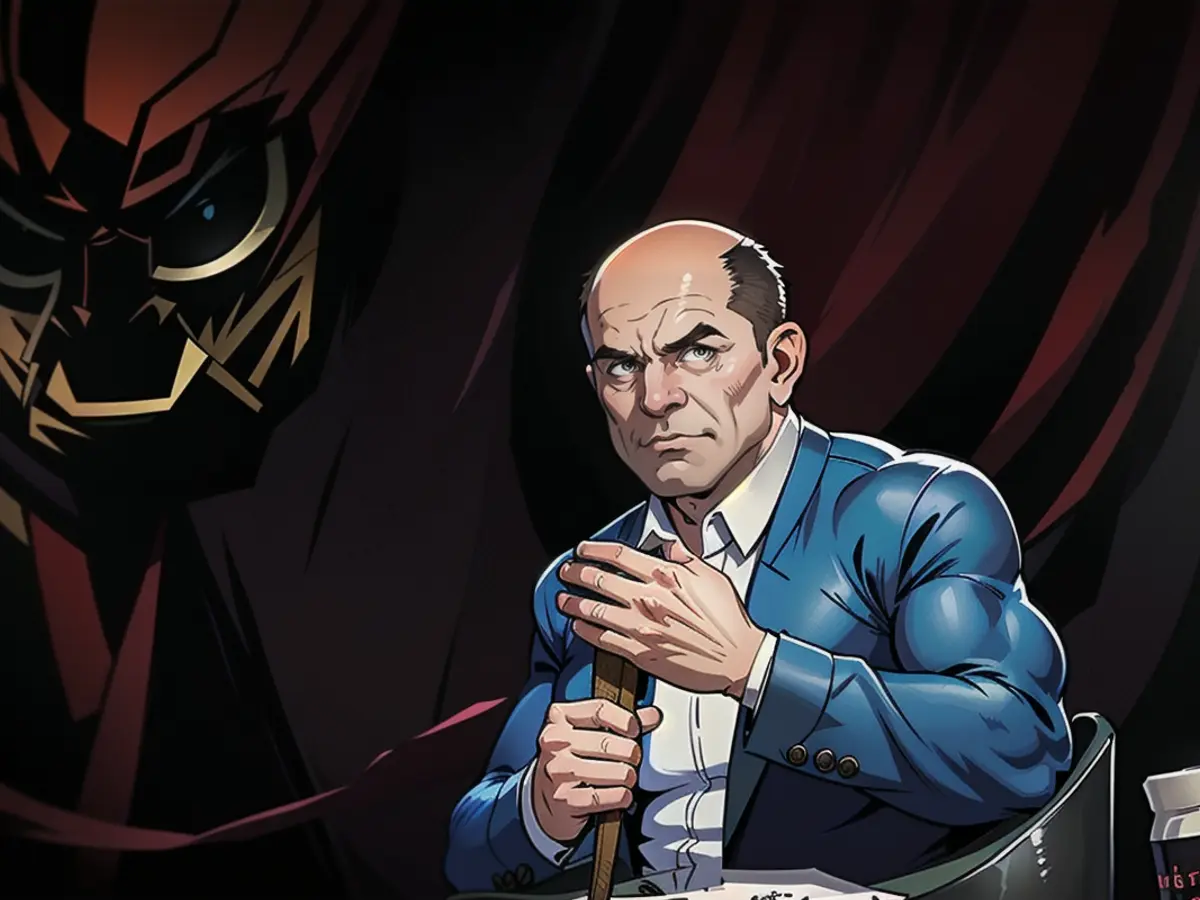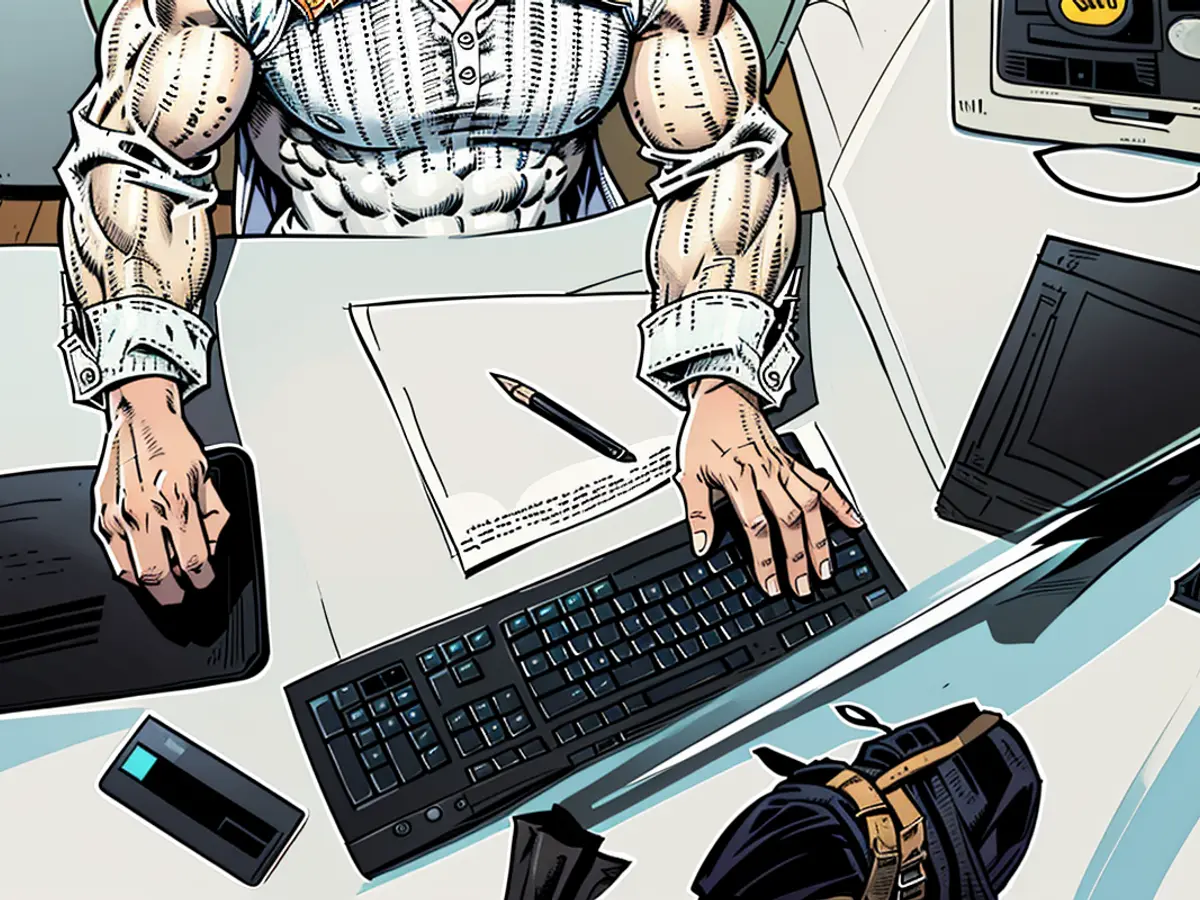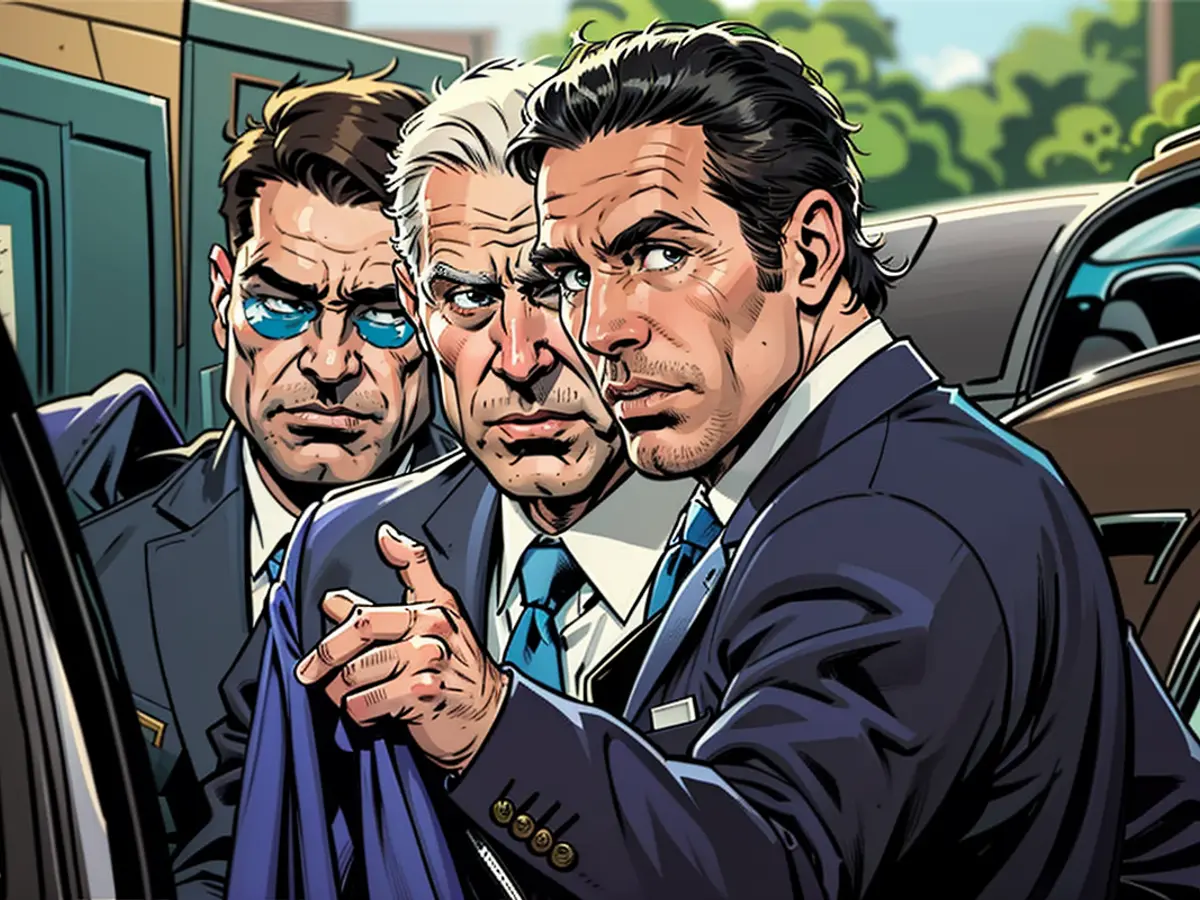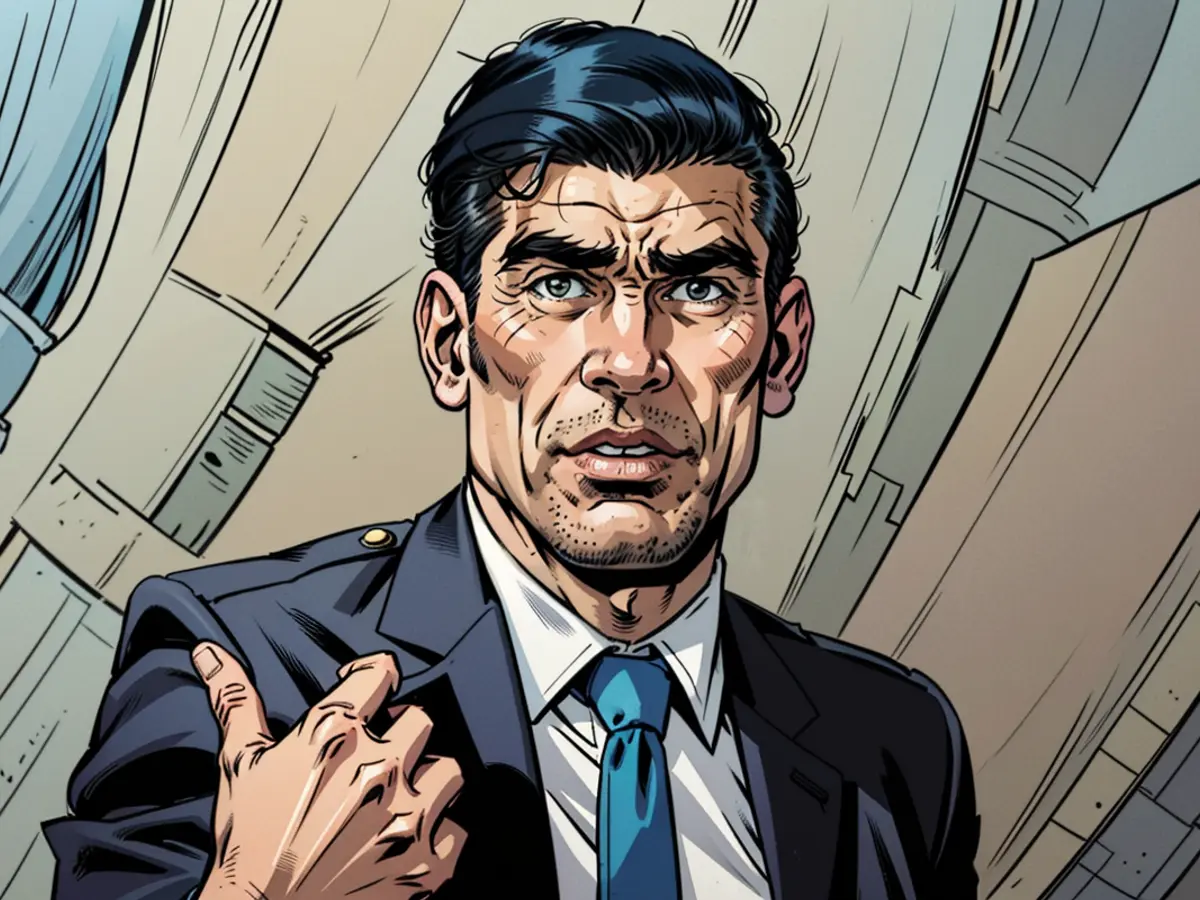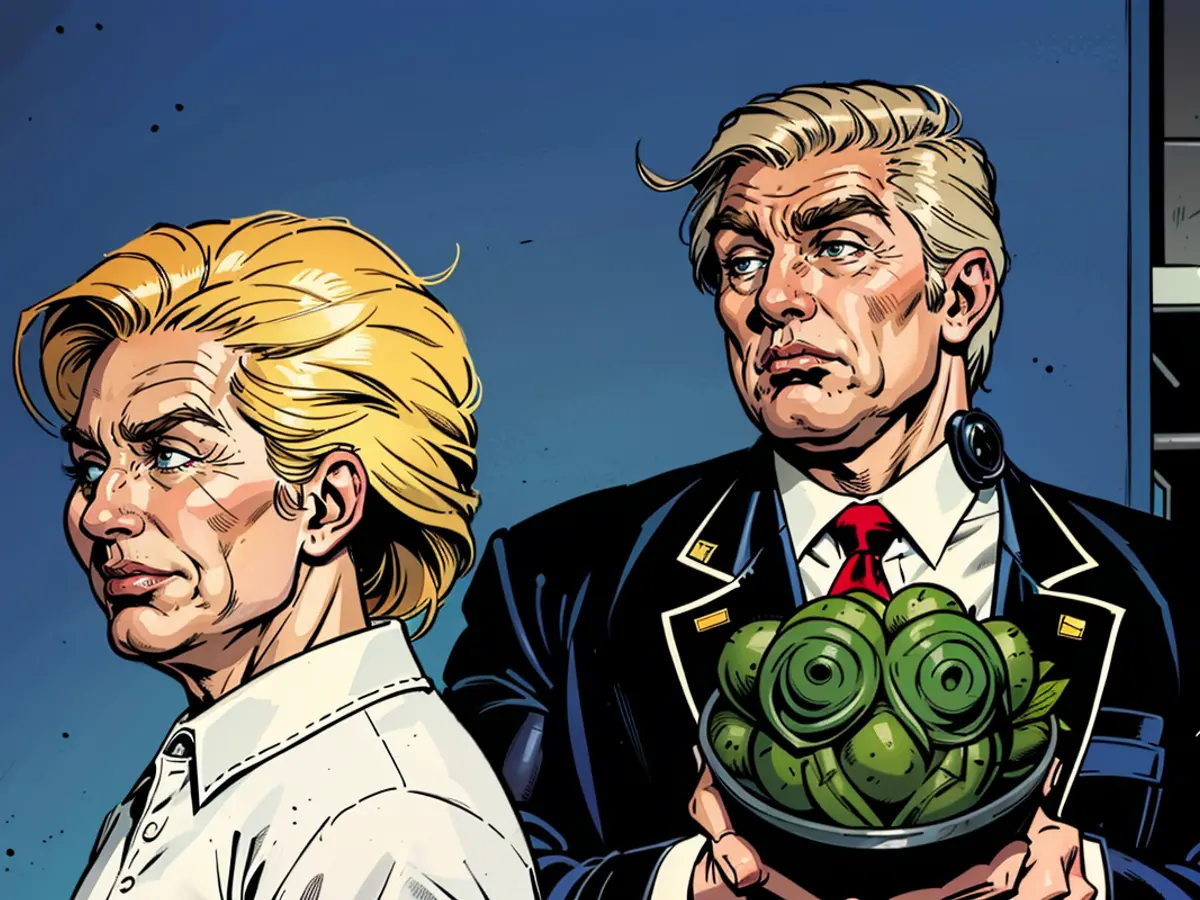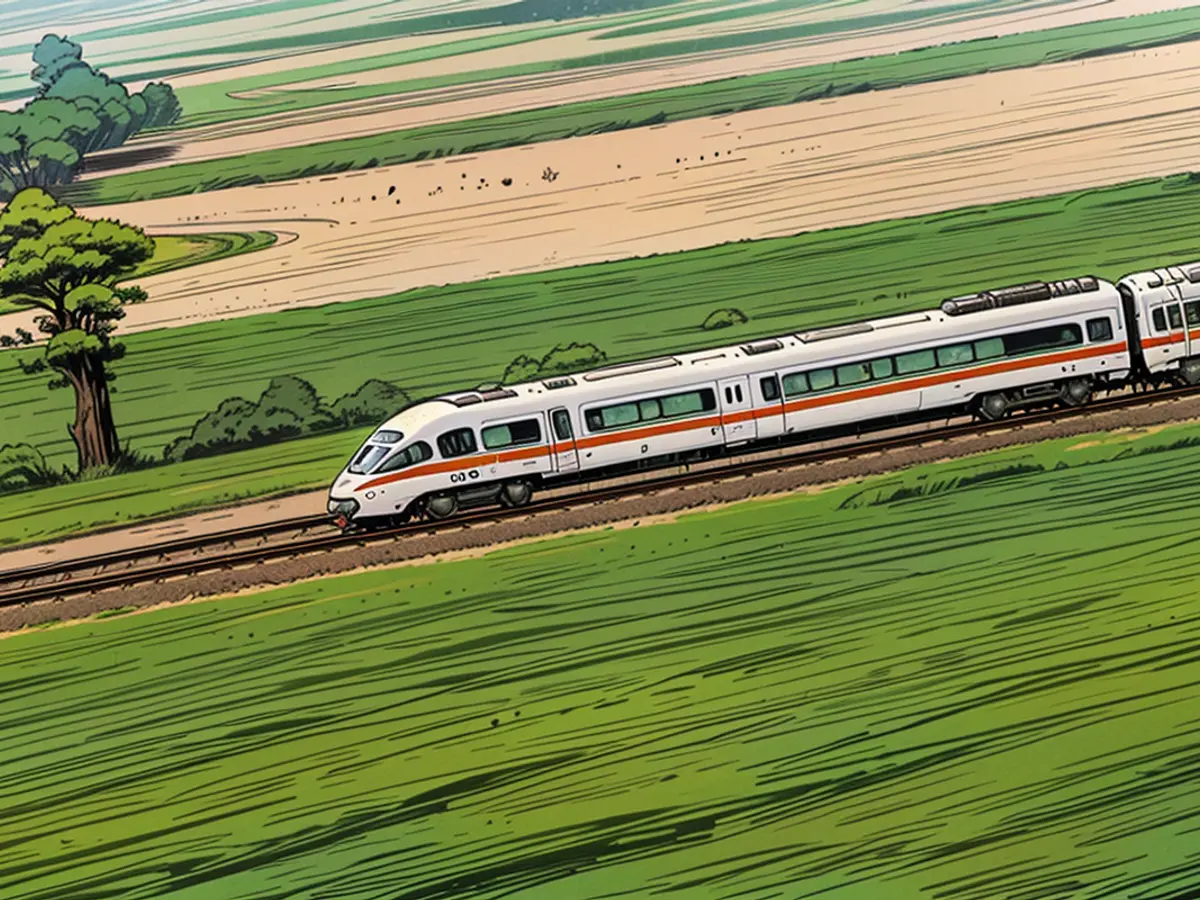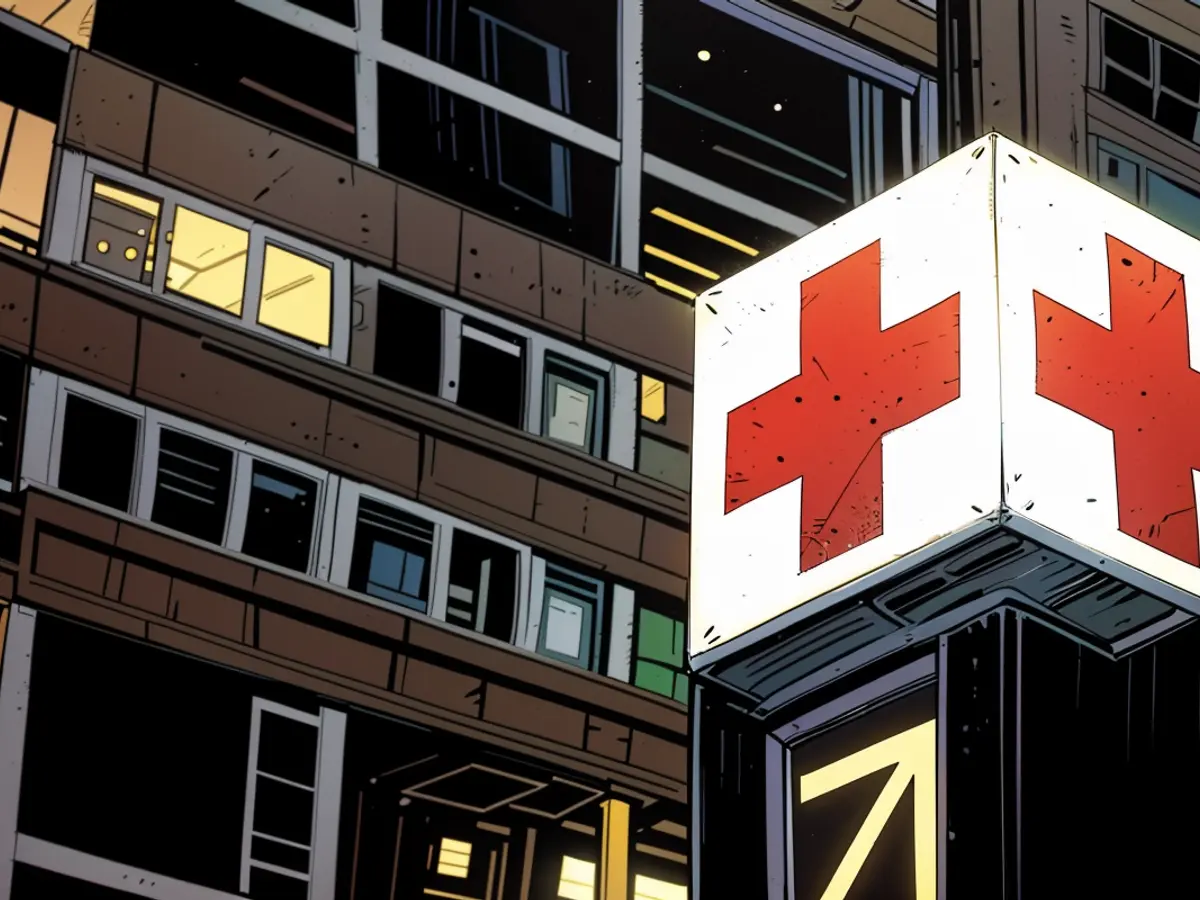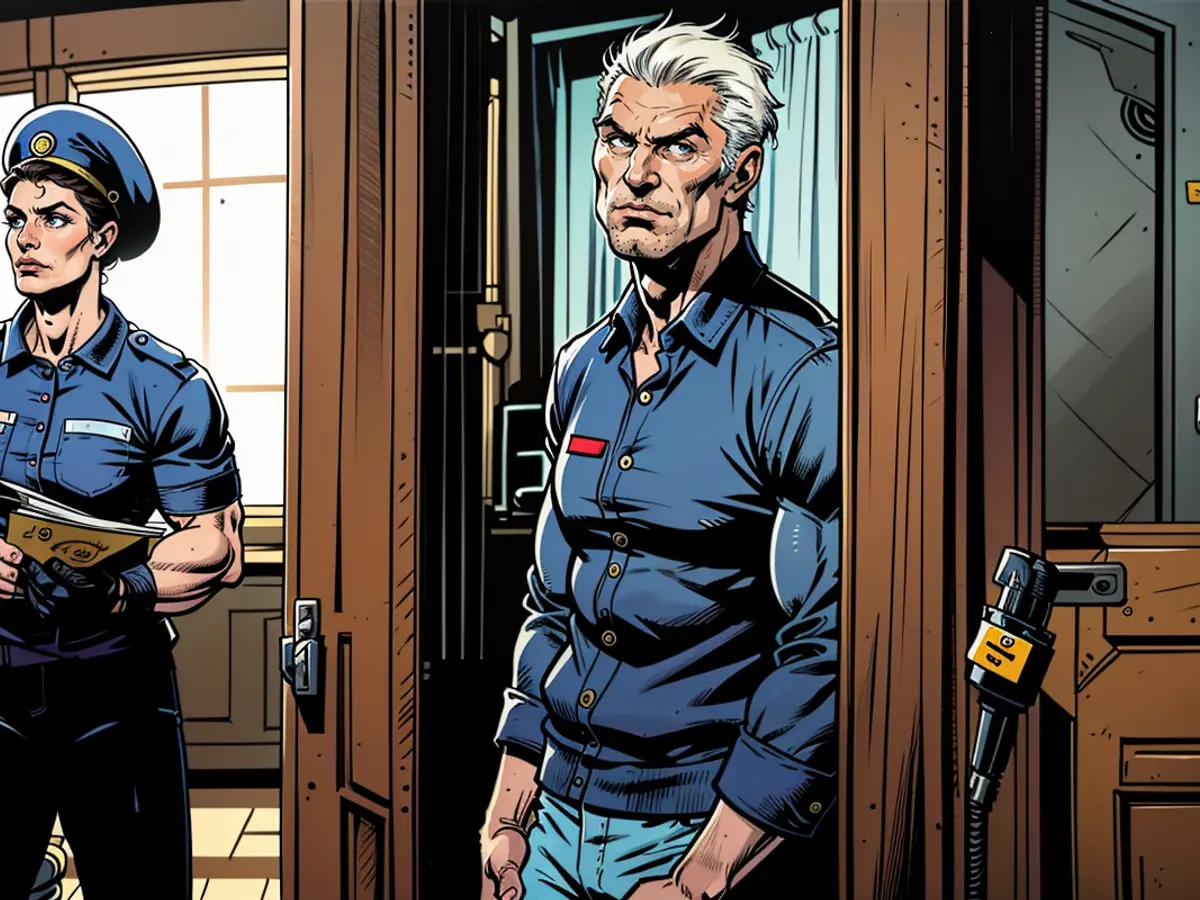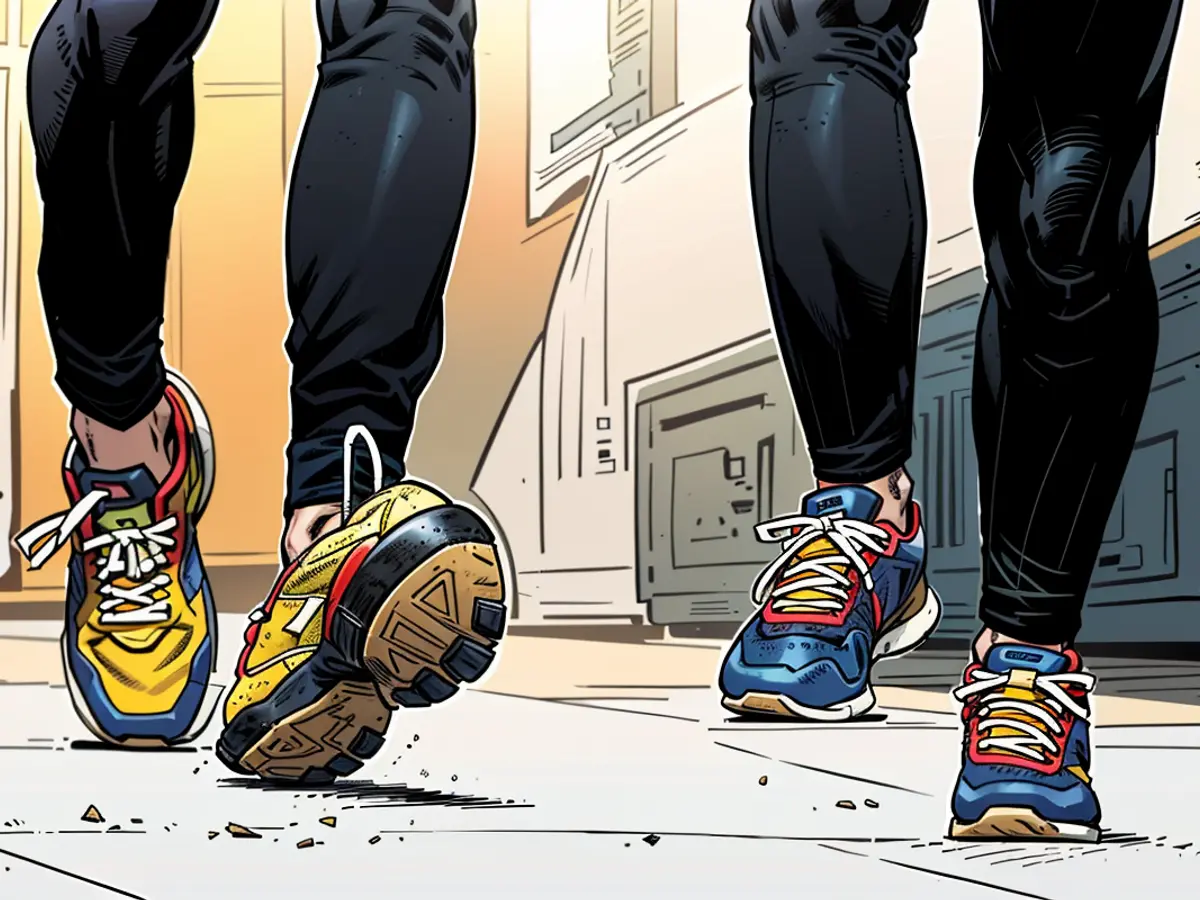Scholz Pays a Visit to Katholikentag Amidst Many Crises, Not Always Having Conversations
"For a brief moment, keep your mouth shut and be still." Chancellor Scholz has trouble connecting with protesters from the previous generation at the Catholic Day in Erfurt - to no avail. A glimpse into how difficult it has become to communicate.
German Chancellor Olaf Scholz had a momentary slip-up. "I enjoy doing that, by the way - my favorite thing is citizen discussions," he remarked during the Catholic Day. However, the topic was serious during the event in Erfurt: "Building community, shaping society - Our responsibility for democracy." It was about the major challenges in an era of mistrust, hatred, and hate speech. Scholz had experienced a complicated situation even before taking the stage that day.
Approximately ten minutes into the panel discussion, protestors from the Last Generation started yelling slogans from the audience of around 800 people. "Democracy needs honesty" and "Is your future worthless to you?" - this was the start. Scholz maintained his composure, tried to be instructive: "You need to shut your mouth and be silent for a moment, then I'll address your question." It didn't work.
The protestors continued to yell, making it difficult to understand anything. They unfurled a banner from the Last Generation and began choir chants: "Where, where, where is the climate chancellor?" Scholz couldn't get his point across. The moderator called a temporary halt to the event for three minutes. Scholz and his co-panelists remained silent. Then the audience started singing, first at one end of the hall, then in its entirety: "Grant us your peace, O Lord." And it came to pass that the atmosphere became more peaceful. The organizers later shared that they had attempted to speak with the protestors, but dialogue simply couldn't happen. Consequently, they had to be removed.
Limited Insights from the Chancellor
Communication in these times, listening to one another, seeking understanding - the scene at the Catholic Day could serve as a microcosm of just how difficult this has become. Scholz himself admitted at the outset, answering questions about the noisy young people at Sylt, the danger from the right, and the intimidation of politicians: "We must safeguard public space so everyone can express their views in every corner of Germany." The Last Generation climate activists were granted a hearing in this sense. Whether their message made an impact, however, is uncertain. Whether anyone can break through their own bubble is what bothers the chancellor. Asked about whether the traffic light coalition has made errors in communication, Scholz responded simply with "Yes."
Scholz was questioned in Erfurt on specific issues, such as a ban on the AfD, the battle against climate change, and the use of German weapons in the Ukraine war. He elaborated on each in detail, outlining the larger connections. In aiding Ukraine against Russian aggression, he emphasized the need for calmness. In fighting climate change, everyone must be included. Germany, with its enormous potential, has reason to be confident. Little new information was gleaned at the event. But the audience's goodwill didn't waver. Perhaps it's about trying again and again at communication.
The experience also impacted Vice Chancellor Robert Habeck, who was on another platform in the Thuringian capital at the same time. His topic: How can the social-ecological transformation be accelerated. The Green politician was greeted with loud applause in the full-capacity Alten Oper. He gained additional points with the guests by apologizing for what seemed like his first visit to a Catholic Day. "That was a failure of the past," said the Economics Minister, who had previously described himself as a "secular Christian" in an interview.
Habeck's focus was also on the main questions, the battle against climate change, social balance, and justice. And it was about the broader picture: Habeck, in his view, stressed the unique role of churches as hope-givers. It's possible to construct a better world.
The concern of losing a thoughtful conversation culture at a sensitive topic for the Catholic Church was conveyed by Irme Stetter-Karp, President of the Central Committee of German Catholics (ZdK). She acknowledged the turbulence surrounding this topic: "We are in an unrest situation," she declared at a panel on handling abortion. The question remains: "What can we as Christian women do to ensure that the polarization doesn't worsen?" Such conflicts have already manifested in other cultures, like in the United States. [//):
